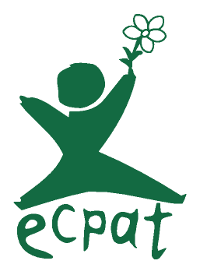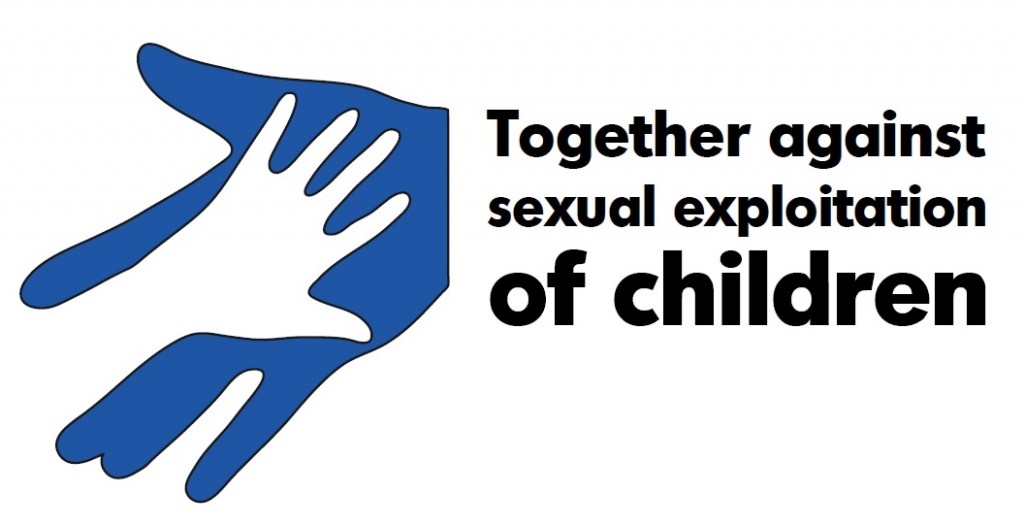To effectively fight against sexual exploitation and sexual abuse of children, communication is essential. But how can we ensure that it contributes to an effective protection of victims? First, by agreeing on the vocabulary used. Indeed, many disagreements and confusions persist as to existing notions. Terms such as « pedophile », « child prostitution » or « child pornography » are increasingly criticized as being imprecise, harmful, or stigmatizing towards children. However, depending on the words used, different images and perceptions will be created. Thus, the proper use of terms is necessary to adopt coherent laws and policies to address these issues.
The purpose of this document is to define several key terms, which ECPAT Belgium advises to adopt to avoid causing any harm to victims.



